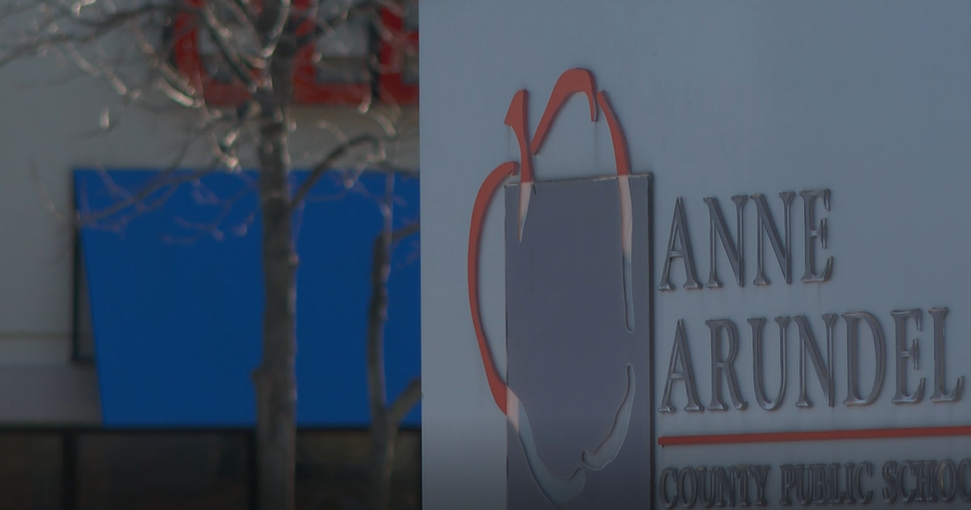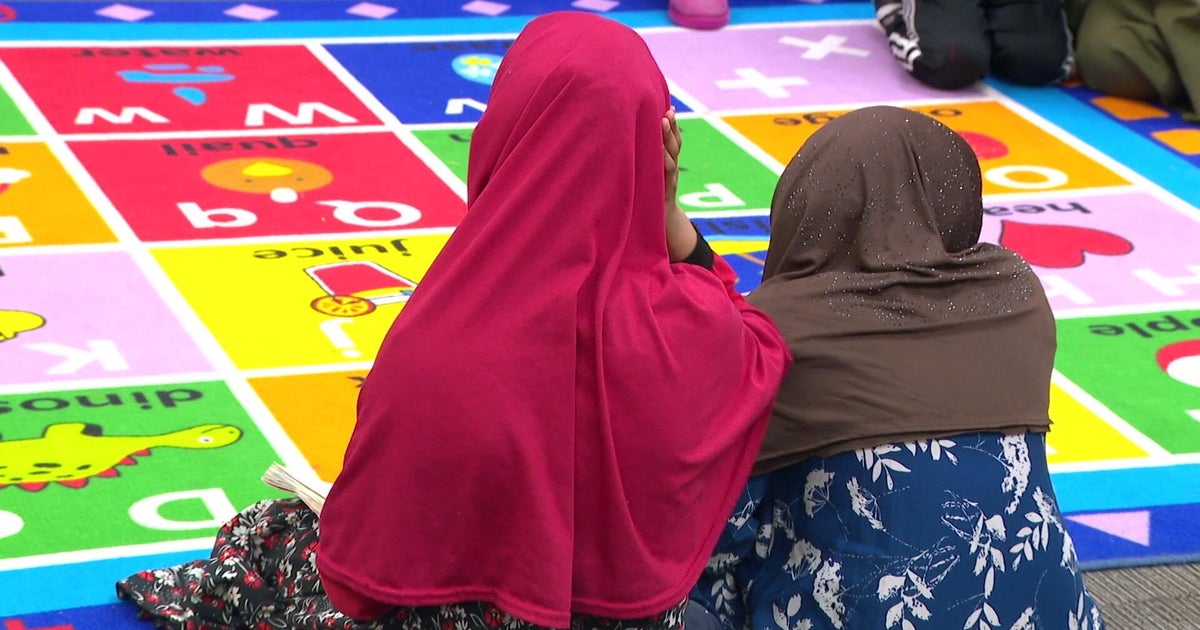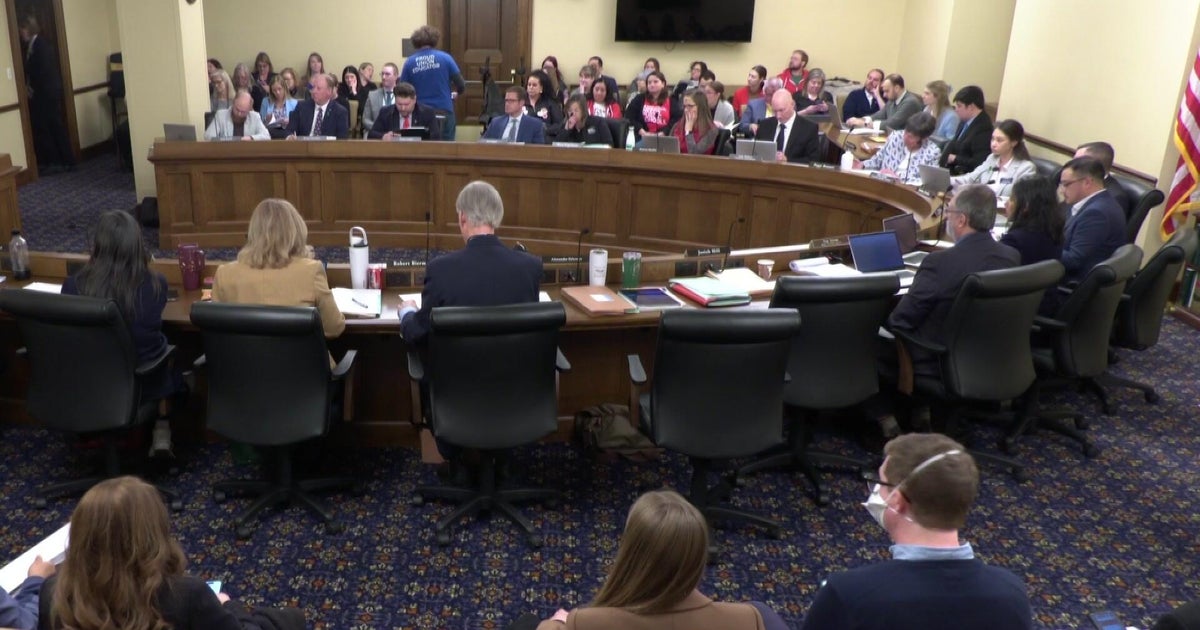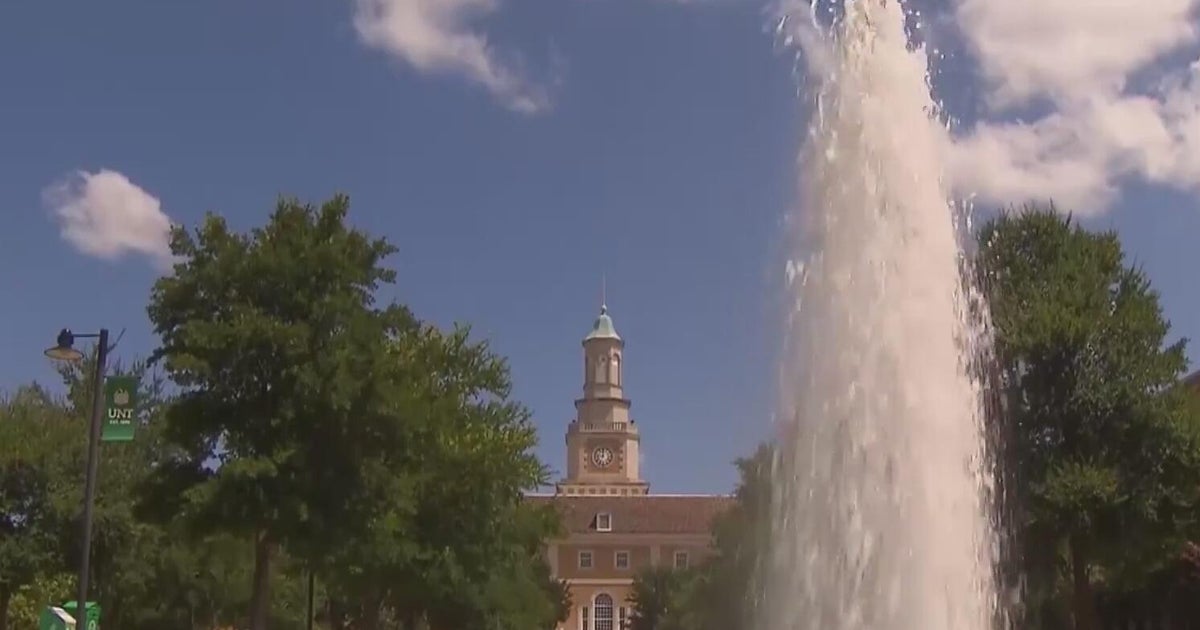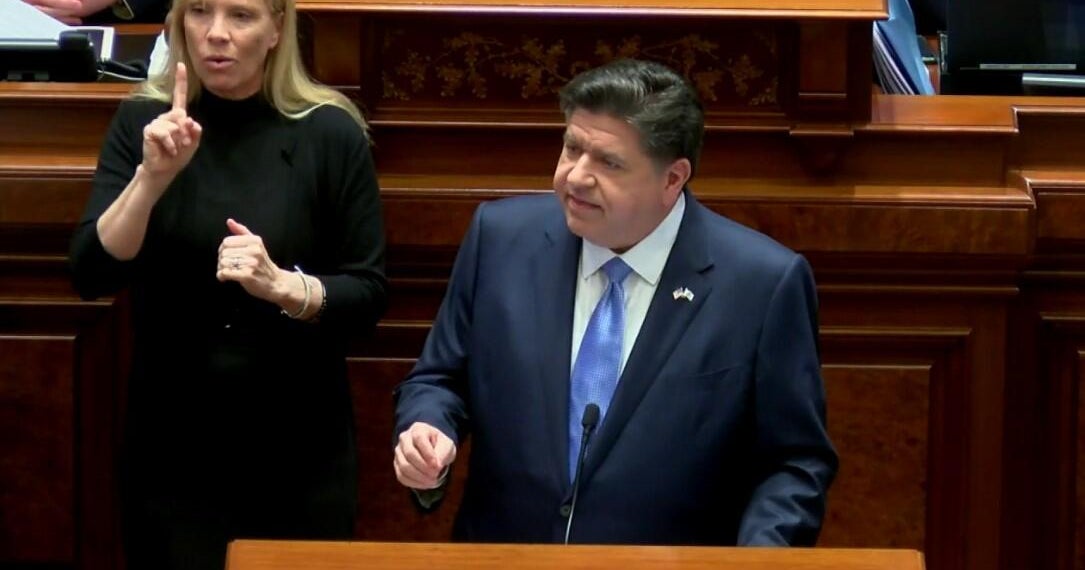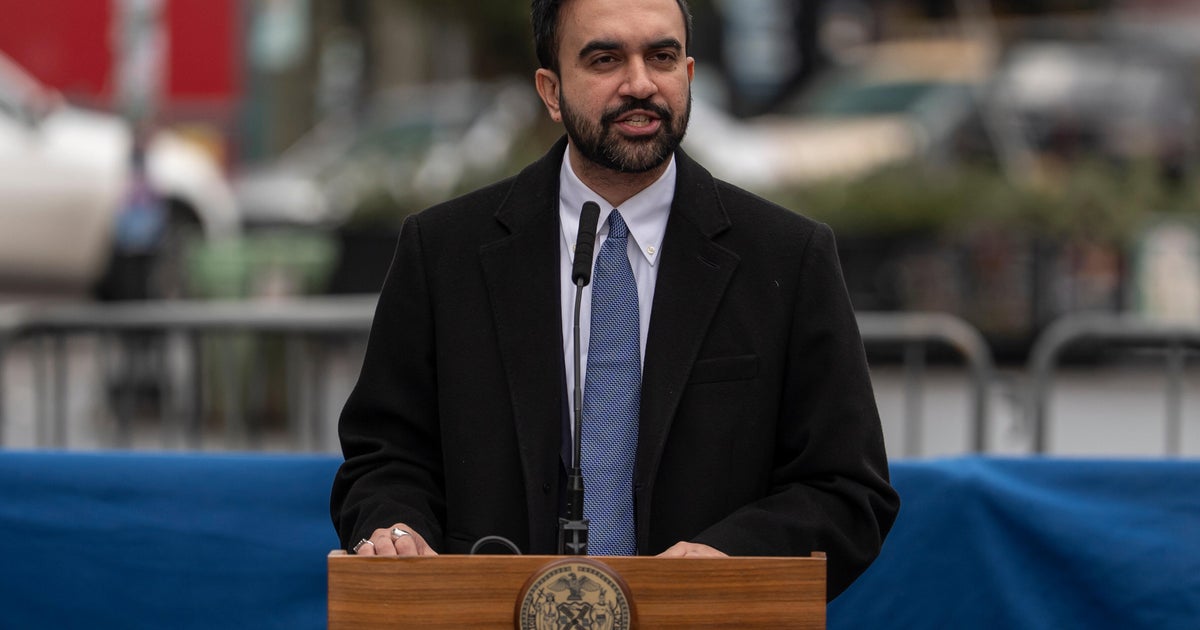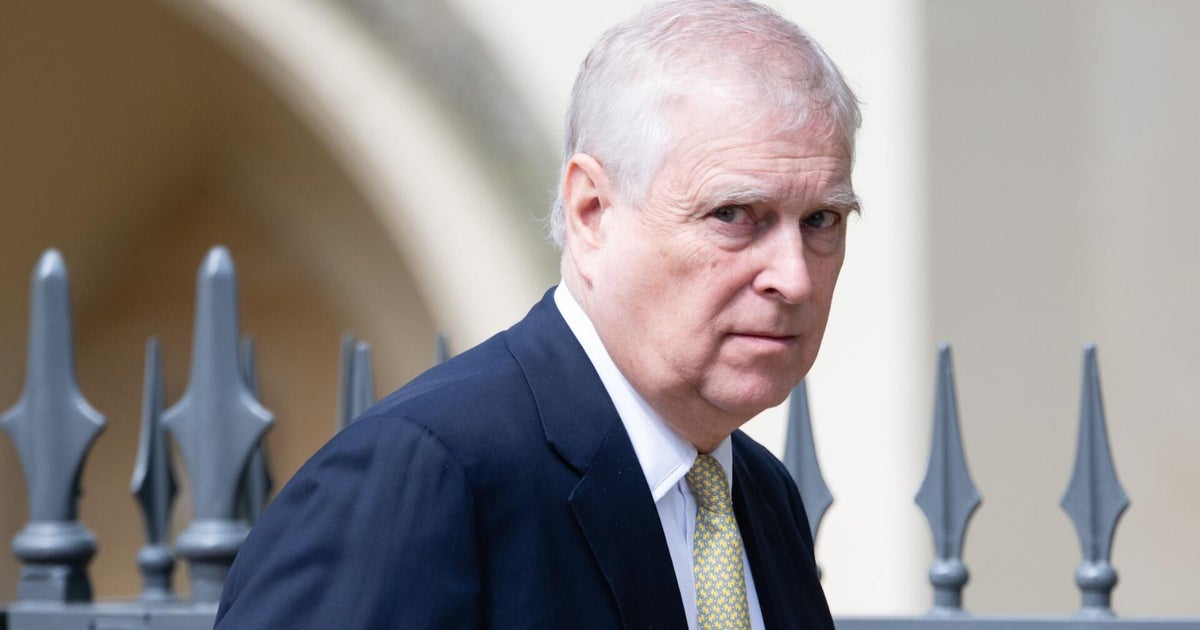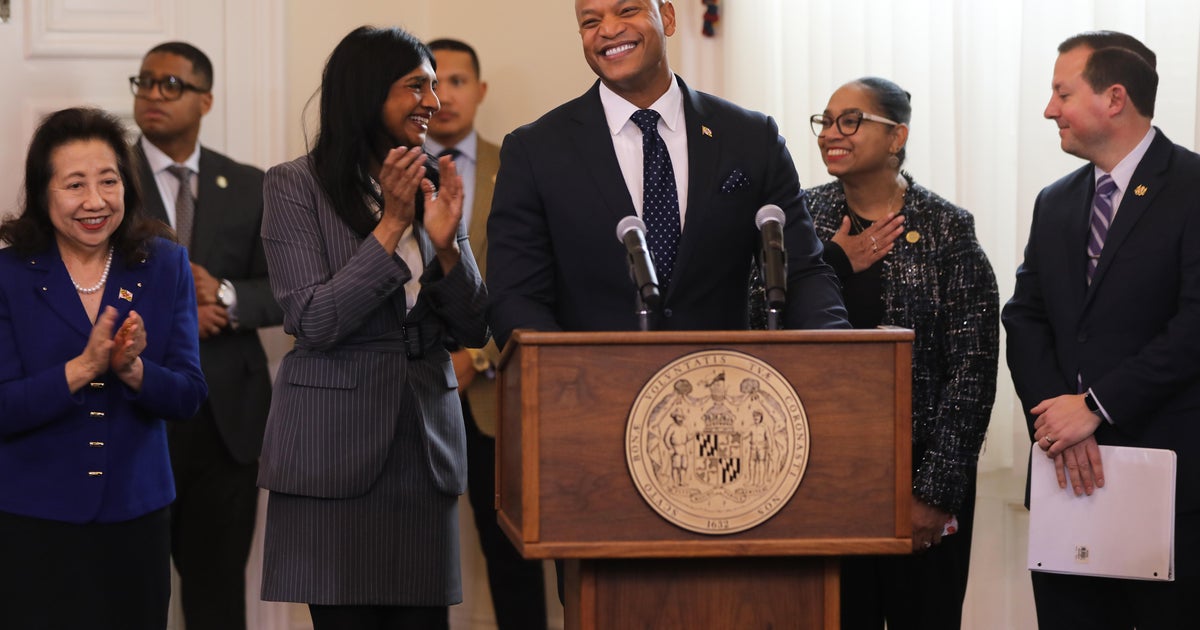Minnesota officials forecast a $17.6 billion budget surplus
ST. PAUL, Minn. -- Minnesota will have a record-breaking $17.6 billion budget surplus in the next two years, thanks to strong tax revenues and lower-than-expected spending, state officials said Tuesday.
That economic forecast comes one month before the legislature is set to return to St. Paul to craft a multi-billion dollar state spending plan. The projected surplus will shape the conversations about how much to allocate towards schools, health care, public safety tax cuts and much more.
State economist Laura Kalambokidis said Minnesota should expect a "mild" recession beginning at the end of this year. Still, Jim Schowalter, commissioner of Minnesota Management and Budget, said there is good news for the economy, even despite economic headwinds like inflation, high interest rates, slow growth and continued concerns about COVID-19.
"Minnesota remains resilient and our budget outlook bright," Schowalter said. About $7 billion of the surplus projected last year carries forward, after lawmakers left it on the table amid partisan gridlock in May.
He noted the caveat that comes with these numbers: they don't account for inflation, which will eat away at some of the surplus. Much of it is also one-time money that lawmakers cannot account for to achieve long-term investments.
Now the scramble over how much to spend and where begins—the legislature must pass a budget for fiscal years 2024 and 2025 when they return in January. Gov. Tim Walz and Democrats expressed optimism that surplus would help them pass key priorities next year, when the DFL has a trifecta for only the second time in 40 years.
"The golden opportunity that we have to make Minnesota an even better and fairer and more inclusive and more prosperous state is there," Walz said.
Gov. Tim Walz again calls for rebate checks plan that would put some of that surplus back into Minnesotans' pockets. He wants one-time payments of $1,000 to individuals and $2,000 to families, though the idea got a lukewarm response from Republicans and Democrats last year.
He will release his full budget proposal in late January but on Tuesday floated reducing childcare costs, giving school funding a boost, and making some tax cuts on social security income. Lawmakers will discuss this and more next session.
MORE: Minnesotans weigh in on how they want the projected $17.6 billion surplus to be spent
Newly elected House Minority Leader Lisa Demuth, R-Cold Spring, said the colossal surplus is a sign that Minnesota is over-taxing its residents. She expressed an openness to rebate checks.
"Money that could be kept within Minnesota families to help with high grocery prices and with high energy bills—that money needs to go back to Minnesotans," she said.
But the Democrats, with power in both the House and Senate, will largely set the agenda. The surplus creates a new avenue for their own priorities, though they've shared few details about what those are.
New House Majority Leader Rep. Jamie Long, DFL-Minneapolis, was tempering expectations, pointing to much of the surplus being one-time money.
"There will be more needs than we will be able to meet, but I do think we will be able to do some really remarkable things with this money to help Minnesotans," he said.

